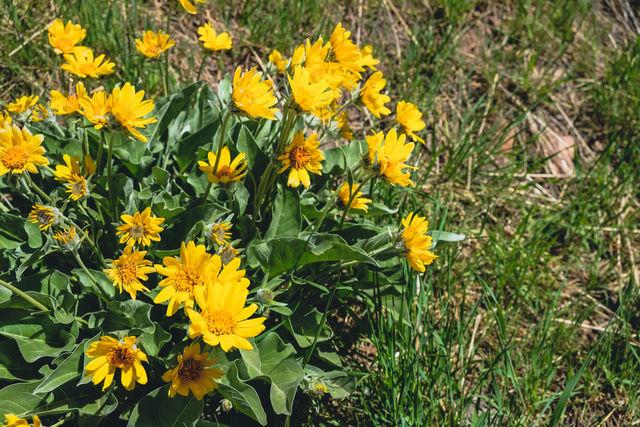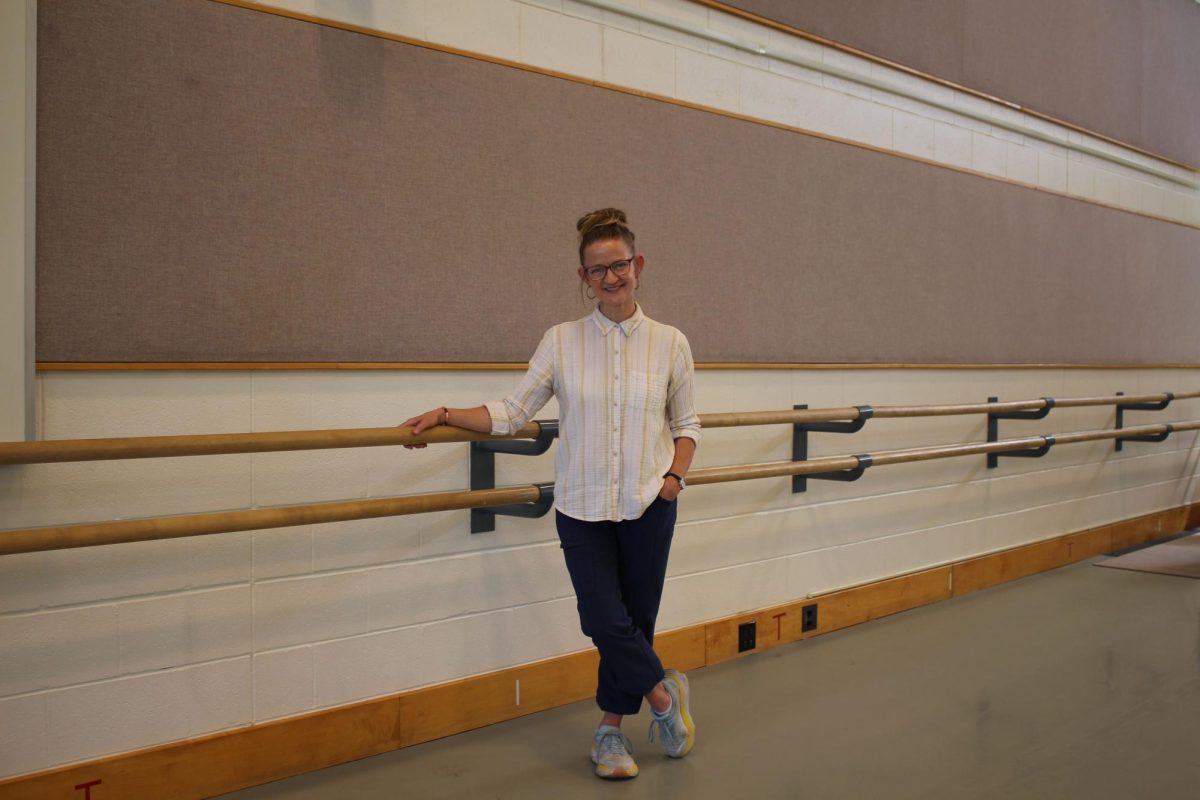U Professor Researches Link Between Climate Change and Worsening Pollen Allergies
February 19, 2021
In a recent publication, University of Utah Biological Sciences Professor William Anderegg and a nationwide team of volunteers collected pollen data across 60 pollen-count stations around the United States and Canada. The data, taken from 1990-2018, shows the significant role that man-made climate change plays in the length of pollen seasons and the amount of pollen produced.
Anderegg said his own allergies are what sparked his interest in studying pollen distribution. Many small-scale studies before have proven a correlation between warmer weather and increased pollen output within a greenhouse environment. Anderegg’s study brings this information to a continental-scale and the effects that climate change has on pollen trends.
The team observed a 20.9% and 21.5% increase in pollen output during annual and spring integrals, respectively. Tree pollen was recorded to have the highest increase among all taxa studied, while Texas and the midwestern US experienced the largest and most consistent increases.
This increase in pollen output is partnered with an increasing length in allergy season. Anderegg’s study shows that today’s pollen season starts 20 days earlier and ends 10 days later than when the study began in 1990.
In order to determine the primary driver in pollen output, researchers calculated the effects of eight different climate variables on pollen output including temperature, precipitation, frost days, and atmospheric CO2. Temperature emerged as the main agent in pollen variability.
The research team combined statistical methods with pollen trends and over two-dozen mixed-environmental models. Results showed that climate change accounted for roughly half of the lengthening of pollen seasons and 8% of increases in pollen trends. After splitting the data into two periods, 1990-2003 and 2003-2018, researchers also found that climate change contribution to pollen increase is accelerating.
Allergy season is tied to a variety of negative health externalities. Allergy connections to respiratory health can cause implications regarding infections, emergency room visits, and even academic performance for many people.
Anderegg said that researching a lengthening allergy season’s connection to health is an ideal next step.
“We’re actually talking to a couple of folks at the U of U Health Sciences campus thinking of ways we can make an explicit connection to health,” Anderegg said.
As a main takeaway from the study, Anderegg wants people to know that the effects of climate change are not something to be taken lightly.
“Climate change isn’t something that affects other places far away or decades in the future. It’s really here with us already affecting the air we breathe and worsening pollen seasons and we ought to be prepared for that,” Anderegg said.
Anderegg hopes that this study is another form of encouragement for taking climate change seriously.
However, Anderegg suggests people can also take adaptive actions, which means indirect action against climate change and rather ways for people to protect themselves. This being accurate pollen monitoring, public health warnings, and preparing the necessary medications and health precautions in response to pollen surges.
Information like this has encouraged students like Will Kingston, a second-year communication major, to take action as well.
“We can clearly see that we’re taking damage right now. If we work to prevent these bad pollen seasons, then we can protect future generations from these health concerns. Everyone needs to be more aware,” Kingston said.







